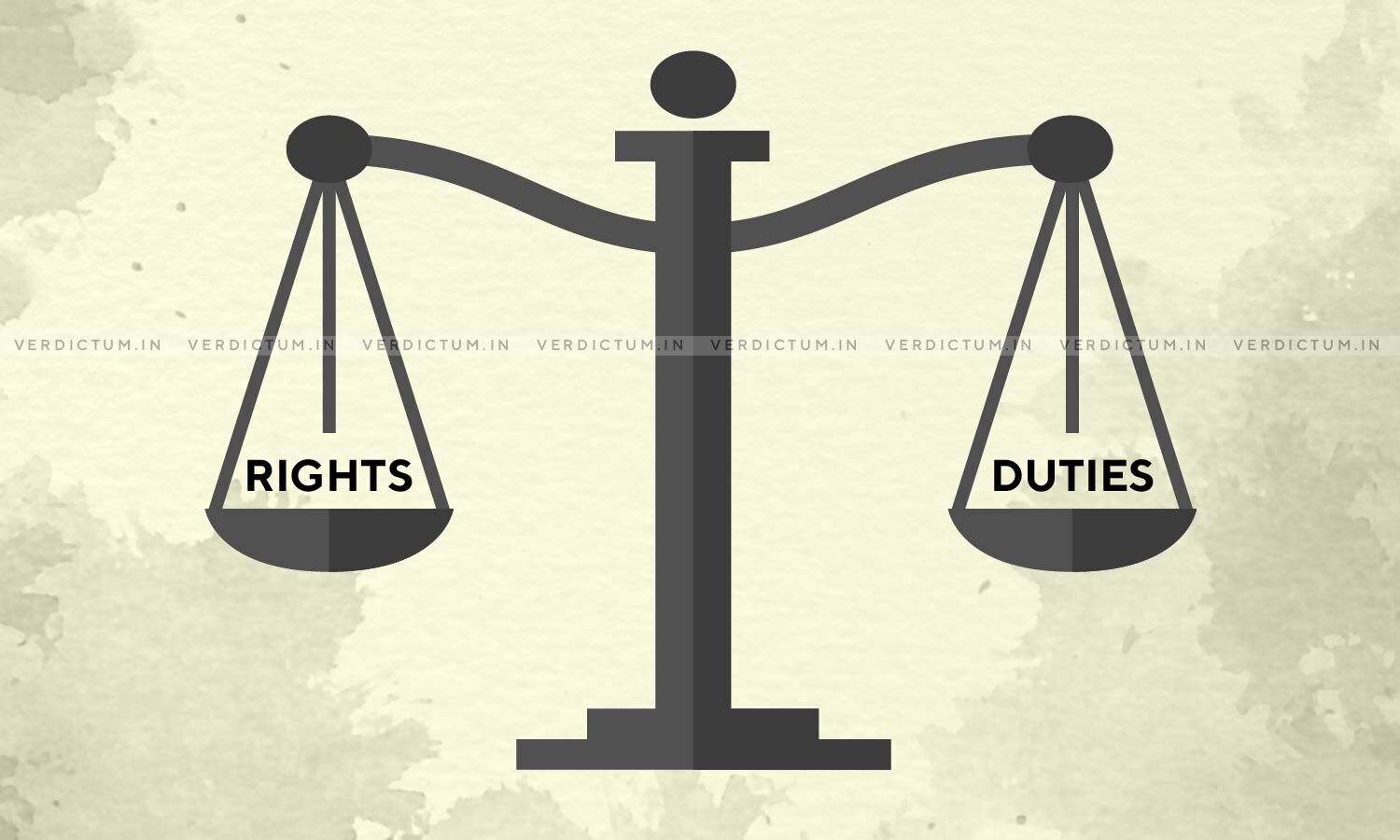
In the unpredictable landscape of the business world, crises are inevitable. From economic downturns to global pandemics, unexpected challenges can strike at any moment, putting an organization’s resilience to the test. In this article, we delve into the realm of crisis management, drawing invaluable lessons from real-world scenarios that have shaped the way businesses respond to adversity.
Proactive Preparation

Consider the financial tempest of 2008. Companies that weren’t caught off guard had a game plan in place. They weren’t blindly optimistic; they were proactive. They diversified their portfolios, ensuring that if one market plummeted, they had other sails to catch the wind. These businesses were like seasoned captains who knew how to steer through rough waters because they anticipated the storm.
Being prepared for a crisis isn’t about predicting the future with a crystal ball. It’s about acknowledging that storms are inevitable and having a solid plan for when they hit. Imagine having a well-thought-out emergency kit for your ship, stocked with supplies and tools tailored to different types of storms you might face. Likewise, in the business world, this emergency kit is your crisis management plan. It’s the result of careful consideration and foresight. It involves identifying potential threats on the horizon and developing strategies to mitigate the impact. It’s not a one-size-fits-all solution but a customized approach that suits your business’s unique challenges and strengths.
Communication is King
Communication is king, especially in times of crisis. In 1982, Johnson & Johnson faced a nightmare when seven people lost their lives due to tampered Tylenol capsules containing cyanide. This was a monumental crisis, but it’s how the company responded that became a beacon for crisis communication.
When the news hit, Johnson & Johnson didn’t try to sweep things under the rug or downplay the severity. Instead, they stood up, took immediate responsibility, and didn’t hesitate to act. They recalled a whopping 31 million bottles of Tylenol from the shelves. Can you imagine the scale of that decision? It wasn’t easy, but it was necessary. Moreover, Johnson & Johnson implemented a game-changing solution by introducing tamper-evident packaging. This simple yet effective measure demonstrated their commitment to customer safety. They weren’t just fixing the problem at hand; they were investing in preventing a similar crisis in the future.
So, here’s the takeaway: in your business journey, never underestimate the power of honest and swift communication. It’s not just a crisis management strategy; it’s a commitment to your customers, and that commitment can weather any storm.
Adaptability in the Face of a Pandemic
If we talk about The COVID-19 pandemic, itwasn’t just a health crisis; it shook the very foundations of businesses worldwide. It was a make-it-or-break-it moment, and the key lesson learned was clear: adapt or perish. Think about it — the way we work, shop, and connect changed overnight. The companies that thrived weren’t the biggest or the richest; they were the ones that embraced adaptability like a lifeline. Remote work became the norm, digital transformation accelerated, and businesses that showed empathy towards their people and customers stood tall amidst the chaos.
The pandemic was like a drill sergeant for adaptability. Companies had to pivot, and they had to do it fast. Those who were quick on their feet in shifting to remote work found their stride. It wasn’t just about surviving; it was about thriving in the face of uncertainty. So, as you navigate your business journey, remember: adaptability isn’t a luxury; it’s your ticket to resilience and success.
Learning from Cybersecurity Breaches

Let’s talk about a wake-up call that echoes through the business world — the Equifax data breach in 2017. It wasn’t just a blip on the radar; it compromised the personal information of a staggering 147 million people. This incident is more than a cautionary tale; it’s a loud reminder of the crucial role cybersecurity plays in crisis management.
In the digital age, our information is like a treasure chest, and companies are the guardians. Equifax, unfortunately, faced a breach that shook the trust of millions. It underlines the fact that cybersecurity is not a choice; it’s a necessity. Businesses must invest in robust measures to protect the sensitive data they hold. But here’s the catch: it’s not just about building a fortress; it’s about having a swift and effective response plan if, heaven forbid, the walls are breached. Equifax’s response, while criticized, is a lesson in itself. The aftermath showed that having a well-defined strategy to handle the fallout is as crucial as preventing the breach in the first place.
Crisis management is an art that businesses must master to navigate the turbulent waters of the modern marketplace. By learning from real-world scenarios and embracing proactive strategies, transparent communication, adaptability, and cybersecurity measures organizations can not only survive crises but emerge stronger and more resilient. In a world where uncertainty is the only constant, the ability to manage crises effectively is a defining trait of successful businesses.
RUCHI RATHOR Founder & CEO
Payomatix Technologies Pvt. Ltd.
FOUNDER AND INVESTOR | PAYMENTS PROCESSING EXPERT | MERCHANT ACCOUNT SOLUTIONS | WHITE LABELLED PAYMENT GATEWAY | Dreamer, Creator, Achiever, Constantly Evolving
Website Ruchi Rathor: https://ruchirathor.com
Website Healing Heart https://thehealingheart.me/
Instagram https://www.instagram.com/_ruchirathor_/
LinkedIn https://www.linkedin.com/in/ruchirathor12/
Facebook https://www.facebook.com/ruchi.rathor.magnificient
Tumblr https://www.tumblr.com/blog/ruchirathor-thehealingheart
Medium https://medium.com/@ruchirathor_23436









